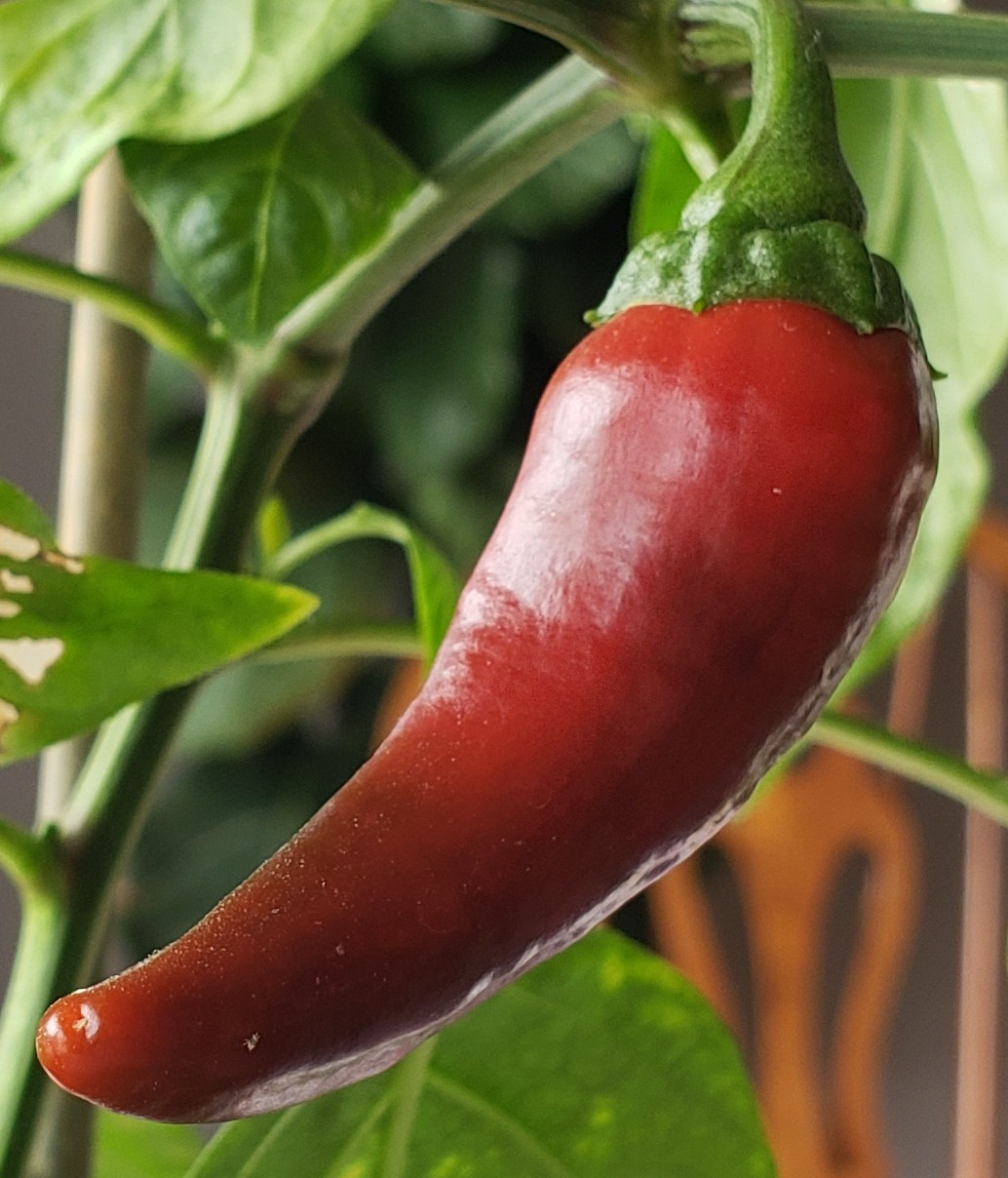This is from the first grow I did, PF tek style but with a few updates. I did a couple monotub grows a year later that went great but I can't for the life of me find any pics.
The white pebbles are perlite and the cake is mostly rice bran meal and fine vermiculite, with a little coffee and gypsum.


Psilocybin is one of those elements of fungiculture that appeal to me as a political project. Culinary mushrooms are really cheap to grow and are a premium ingredient in poverty cuisine so you can really contribute to a Black Panther breakfast kind of thing, but psilocybin is something special. In both microdose and recreational dose forms, it's a very safe drug which counters alienation in a way others don't. It grows so cheaply that you can give it away without a second thought to price, grows so easily that it's a great springboard into fungiculture, and when you find the people it can really help it has a profound impact on them in my experience. Unlocking a greater sense of introspection and compassion and appreciation in someone works against alienation with its related traumas and toward self-actualisation.
This is a top notch post. The mention of Black Panther breakfast has me wondering if the Food Not Bombs chapter around here would be interested in mushrooms grown by some random hobbyist.
If not them, I see potential in local mutual aid orgs (Here we have an anarchist militia, the Colorado Mutual Aid and Defense) and whatever party/movement steps up when the economy goes to shit. With something like log colonies, that's a foolproof method of recycling waste (I just got like two dozen logs for free from a guy cutting down an invasive hardwood species, municipalities and homeowners trim theirs all season) with 1-3lbs of mushrooms per log per year growing anywhere there is shade and a hose. I keep looking at the space I'm putting my new batch of logs, a barren rock path between my garden and garage, and seeing it as a small contribution to a project which is still larger than I'd be able to contribute in vegetables. A few large straw oyster logs cost all of $5~ and make 6-12lbs of high quality protein that has positive effects on poverty-linked illnesses like diabetes and cardiovascular/immunological/neurological dysfunction. When meat is unaffordable, that's a very powerful niche providing the luxury part of a meal and the bread book to go with the bread.